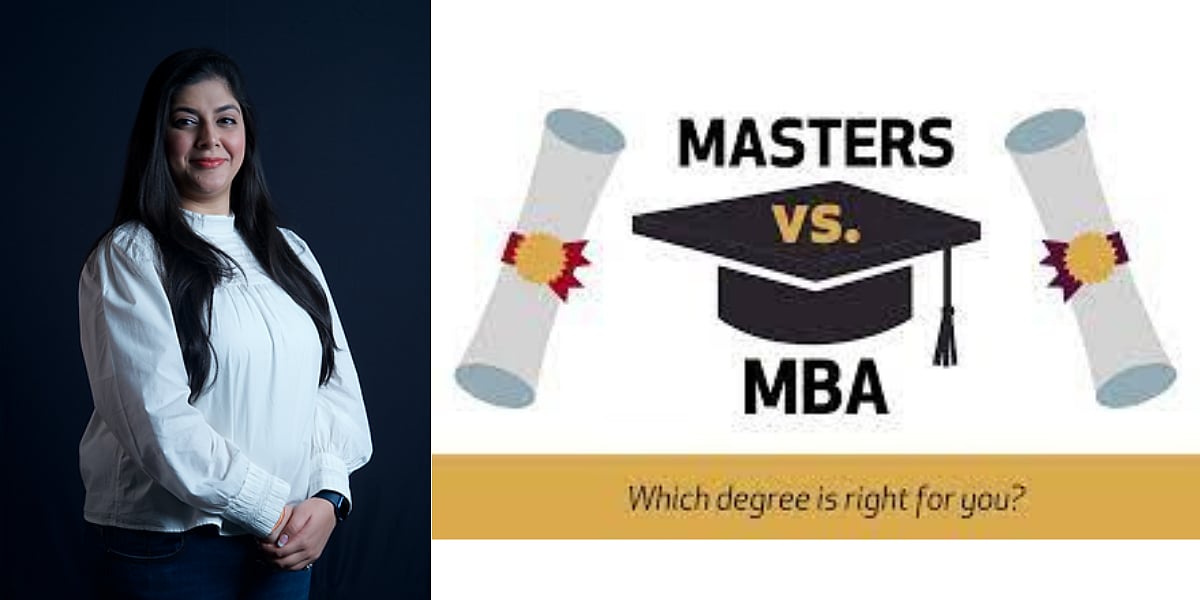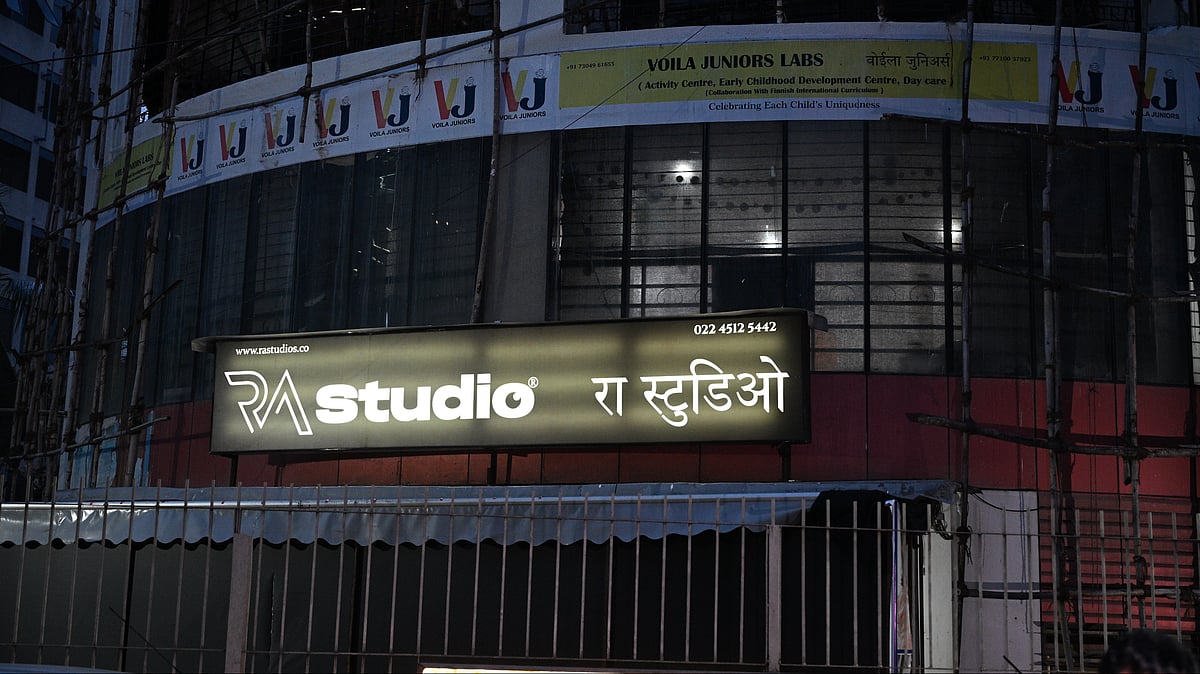When deciding to pursue an advanced degree, it's important to consider the differences between Master's and MBA programs to determine which one is right for you. Here are some key differences to keep in mind:
Coverage
Master's programs are often tailored towards specialized fields, while MBA programs offer a more general curriculum that caters to a variety of functional and industry roles.
For example, a Master’s in Quantitative Economics or Clinical Psychology would be highly specialized and offer in-depth knowledge in those areas. On the other hand, MBA programs typically offer a more general curriculum that caters to a variety of functional and industry roles, such as Human Resource Management, Product Management, or Consulting.
Work experience
Master's programmes normally require no work experience or a minimum of 0-2 years of relevant job experience, whereas MBA programmes typically demand 3-5 years of work experience.
Duration
Master's programs usually take 1-2 years to complete, while most MBA programs take 2 years to complete. However, there are some one-year MBA programs available as well.
Cost
Master's programs are generally less expensive than MBA programs, with an average cost of around $75,000 per annum compared to around $100,000 per annum for MBA programs.
Geographies
Master's programmes are available in a number of countries, including the United Kingdom, Europe, Singapore, Canada, and the United States. Similarly, MBA programmes are available in the United States, Europe, Canada, and India, with some top-tier programmes also having campuses in other parts of the world.
Program Structure
Master's programmes are typically theory-based, with a combination of lectures, seminars, and chances for independent research. Students may choose to write a thesis or follow a Ph.D. track if they so want. MBA programmes, on the other hand, place a greater emphasis on hands-on learning and case studies. Students participate in speeches and seminars as well as group projects and live challenges financed by industry. They might not be able to undertake independent research like Master's students.
Faculty
Master's programmes frequently have a combination of industry and renowned academia, whereas MBA programmes typically feature industry instructors who provide practical expertise to the classroom.
Internships
While some Master’s programs may offer internships, they are not as common as in MBA programs. MBA programs often require students to complete internships, which provide valuable real-world experience and networking opportunities.
Research Opportunities
Finally, research opportunities are an important factor to consider. Master’s programs often provide students with the opportunity to conduct independent research, which can lead to published papers and academic recognition. MBA programs, on the other hand, do not typically provide opportunities for independent research.
In conclusion, when deciding between a Master’s and MBA program, it’s important to consider the structure of the program, the faculty, internships, and research opportunities. Ultimately, the right choice will depend on your personal and professional goals, as well as your learning style and interests. Whether you choose a Master’s or MBA program, both can provide you with valuable knowledge, skills, and experiences that can help you succeed in your career.
The author is Senior Manager, OnCourse Vantage, an overseas education consultancy in Mumbai.










